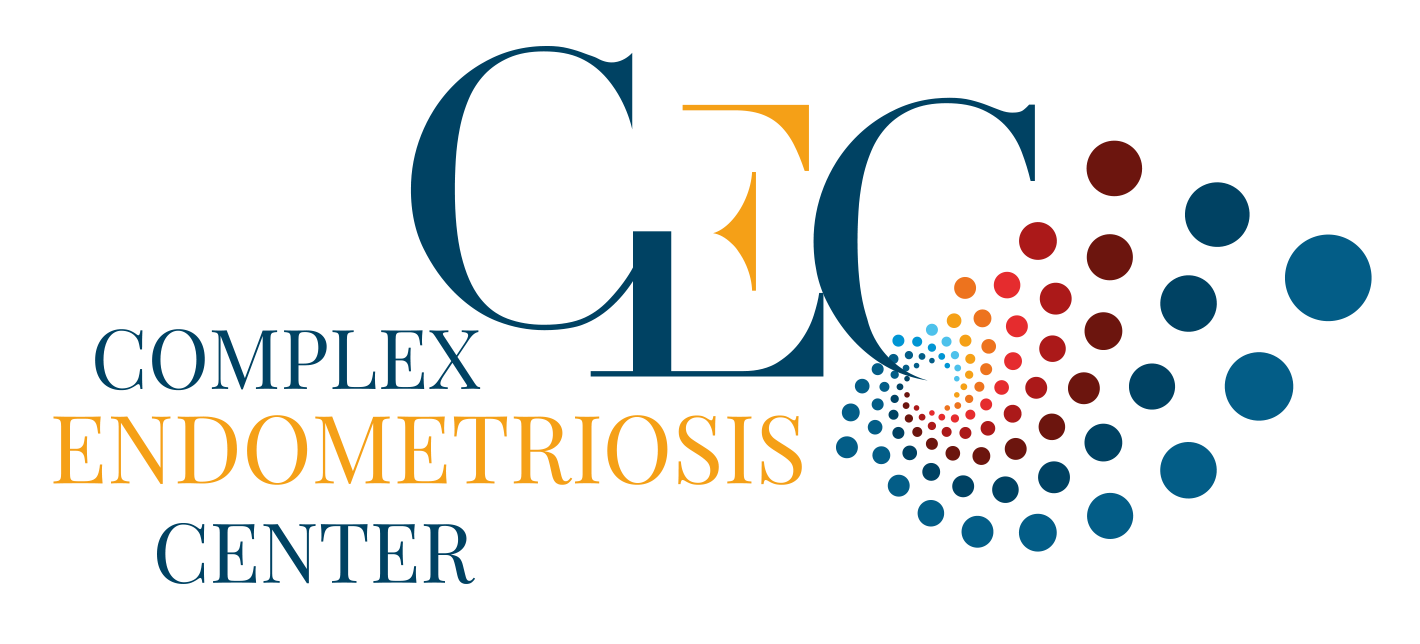Endometriosis is a disease that affects many women around the world. Often painful and impacting on quality of life, it is crucial to understand this pathology and the treatments available.
The Centre de l'Endométriose Complex (CEC), directed by Professor Olivier Donnez, specializes in the treatment of this disease, notably through laser surgery.
What is endometriosis?
Endometriosis is a gynecological disease characterized by the presence of tissue similar to the uterine lining, the endometrium, outside the uterus. This tissue can develop on various organs, such as the ovaries, fallopian tubes, peritoneum or intestines.
Symptoms of endometriosis vary from woman to woman, but generally include pelvic pain, painful menstruation, pain during intercourse, urinary or digestive problems and difficulty conceiving.
Endometriosis management at the ECC
The Complex Endometriosis Center, under the direction of Professor Olivier Donnez, specializes in the treatment of severe and profound forms of endometriosis. The CEC's medical team is made up of gynecological surgeons, gynecologists specializing in MAP, digestive surgeons, urologists and gastroenterologists, who work together to offer comprehensive care tailored to each patient.
Pre-operative consultation
Before proceeding with surgery, the CEC specialist will take the time to study your medical file in depth, offer you a clinical examination and discuss the various treatment options with you. Additional examinations (ultrasound, MRI, uro/colo scan, scintigraphy, etc.) may be carried out to determine the precise extent of your endometriosis lesions.
Following these discussions, and in accordance with your wishes, your case will be presented to the RCP (Réunion de Concertation Pluridisciplinaire). All the hyper-specialists in the field analyze the images and study the possible therapeutic options.
The CEC specialist spends a great deal of time ensuring that you understand all the elements involved in each option, so that you can make an informed choice. Numerous documents are provided to ensure that every patient is fully informed.
The choice of surgery
Several types of procedure are performed within the ECC, depending on the location, size and depth of the endometriotic lesions. These include :
- Laparoscopy: A minimally invasive technique that uses small incisions and a camera to visualize and treat endometriotic lesions.
- Hysteroscopy: Using a hysteroscope (a tube fitted with a mini-camera and surgical instruments) inserted through the cervix, the surgeon can intervene on lesions inside the uterus.
- CO2 Laser: This solution is used in the surgical treatment of endometriosis to precisely remove endometriotic lesions while preserving surrounding healthy tissue. This technology enables targeted intervention with reduced risk of bleeding and damage to adjacent organs. It offers greater visibility and precision during the operation, an essential factor in treating complex forms of endometriosis.
The choice between these different techniques will depend on the characteristics of your lesions, your general state of health and your medical and surgical history. Your doctor will discuss with you the advantages and disadvantages of each option, as well as the potential risks associated with surgery.
How endometriosis surgery is performed at the CEC
The duration of the procedure varies according to the complexity of your endometriosis case, and generally ranges from one hour for simple cases to 4 or 5 hours for more complex cases. Procedures are performed under general anaesthetic, and the hospital stay varies from 1 day to one week, depending on the complexity of the operation and your recovery time.
The stages of surgery
- Access to pelvic organs: Depending on the technique chosen (laparoscopy or hysteroscopy), the surgeon will access the area where the endometriotic lesions are located.
- Locating and assessing lesions: The surgeon identifies the areas affected by endometriosis and the depth of penetration of endometriotic tissue into the organs concerned.
- Excision of lesions: The specialist excises the endometriotic tissue. This is a crucial step, as it eliminates sources of pain and prevents the recurrence of endometriosis.
- Repair of affected organs: The surgeon may need to perform sutures or plasty to restore normal function to organs affected by endometriotic lesions.
Throughout the procedure, the doctor is careful to minimize the impact on the surrounding organs and to preserve the patient's fertility.
After the operation: convalescence and medical follow-up
The length of your hospital stay after surgery depends on a number of factors, such as the type of surgery performed and your general state of health. For some less invasive techniques, such as laparoscopy, you will probably be able to leave the hospital the same day or the following day.
Medical follow-up is essential after endometriosis surgery. Regular appointments with your specialist doctor are necessary to check that your internal organs are healing and recovering properly.
Psychological support and supportive care
Emotional and psychological support is just as important to help you get through your endometriosis treatment. If necessary, your practitioner will refer you to the appropriate professionals (psychologist, sexologist, etc.) and patient associations.
At the Endometriosis Complex Center, our clinical psychologist provides an essential presence to help patients navigate through the emotional and psychological challenges associated with endometriosis.
This help is all the more important during delicate periods such as the discovery of the disease after a long period of misdiagnosis, when accompanying major surgery or during the in vitro fertilization process.
Psychological support is also vital when a patient is faced with a hysterectomy, helping her to cope with and manage the emotional impact, as well as finding the tools within herself to build resilience in the face of surgery and post-operative recovery.
In addition to psychological support, supportive care in the treatment of endometriosis can include a variety of approaches, including pain management therapies in coordination with algology physicians, such as TENS (Transcutaneous Electrical Nerve Stimulation) or acupuncture, which provide significant help in alleviating physical symptoms.
Patient associations also play an essential role in the care process. The CEC works in coordination with the Manoléta association, a grassroots organization supporting patients suffering from endometriosis.
Nutritional advice is also likely to play a role: an adapted dietary approach could reduce the inflammatory process of endometriosis and improve overall well-being.
